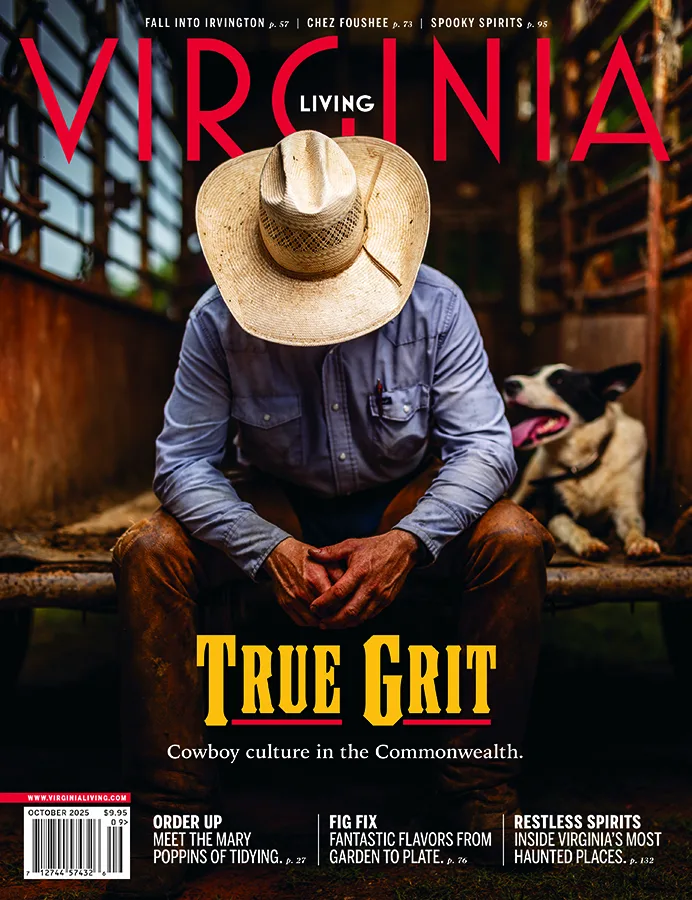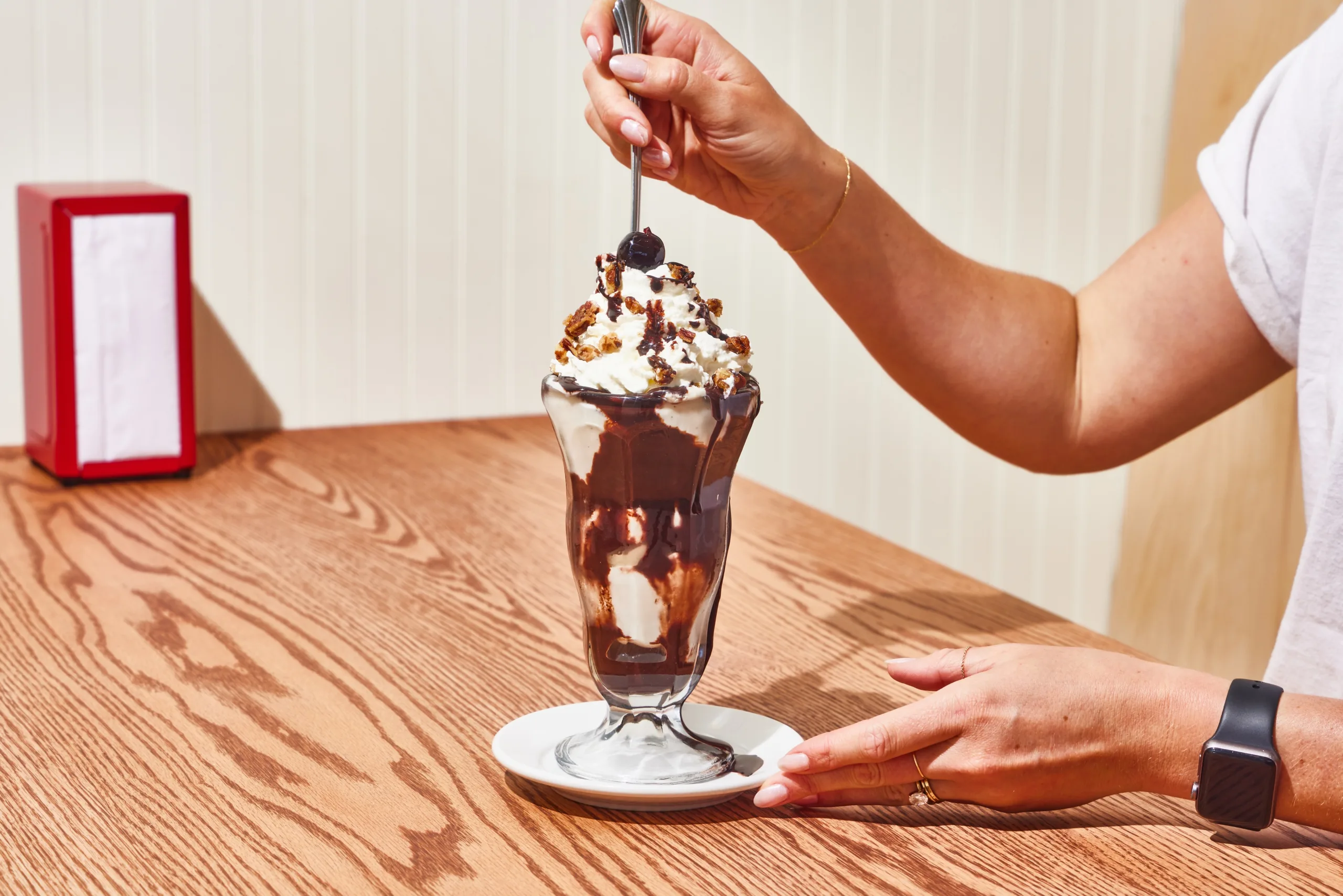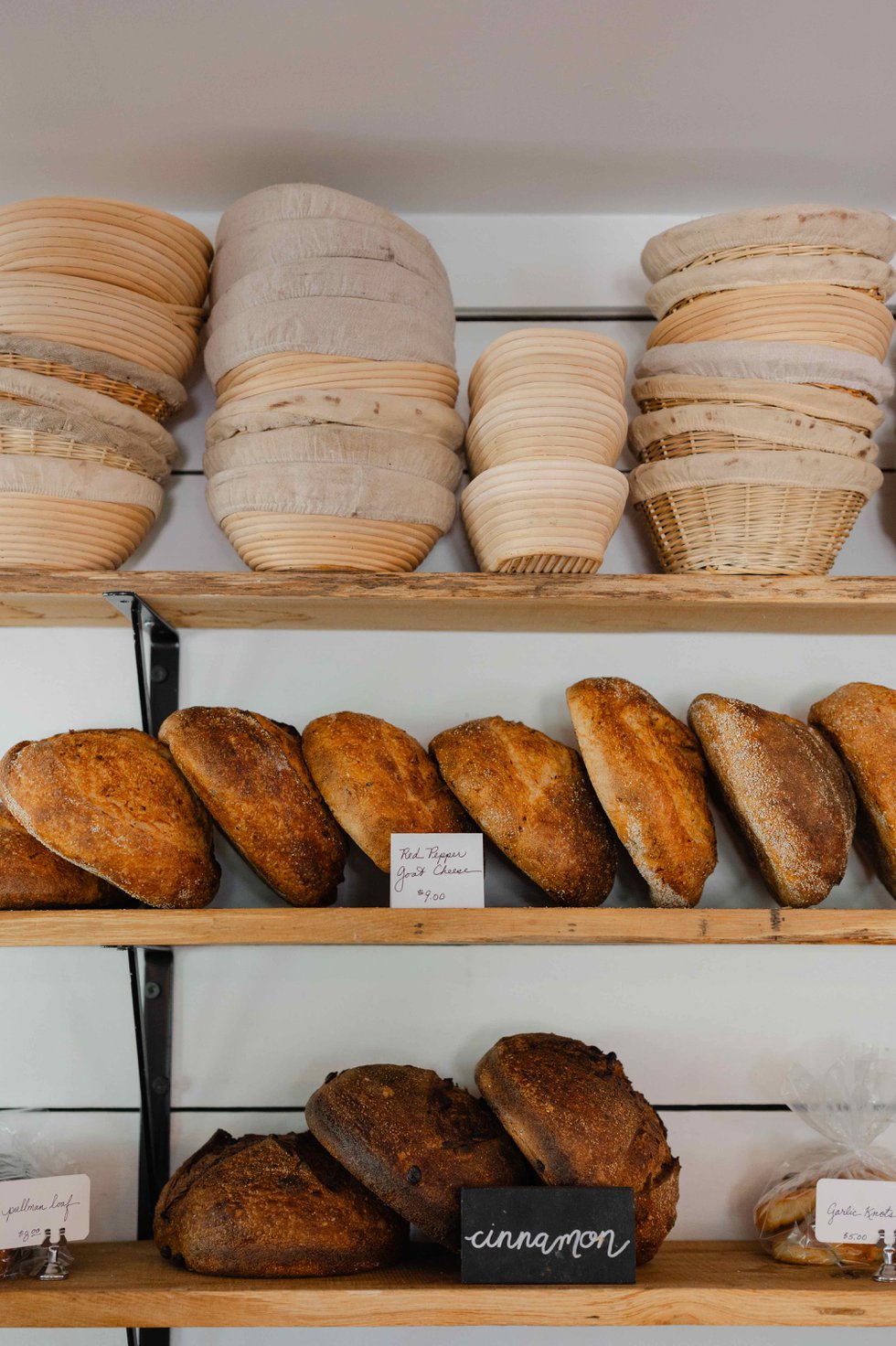Summer means nostalgic backyard get-togethers—the warm temps, the breeze, and the sweetness of a thick watermelon slice dripping juice that makes your hands sticky. In anticipation of the next watermelon-forward event, you might wander chilly grocery aisles, looking for the plumpest, ripest, most perfect watermelon. We’re here to suggest that you think again. There’s a whole other world out there.
Heirloom fruits are older varieties of produce that often aren’t available in grocery stores. They’re more likely to be sold in farmers’ markets and roadside stands. Heirlooms are fruits and vegetables that have been passed down through generations, typically for 50 years or more. These varieties are often open-pollinated, meaning they rely on natural pollinators like wind, insects, or birds. They are often known for their unique textures and colors, and are not typically bred for shelf life or uniformity. And their flavor? More than likely indescribably delicious.
Josh “Fitz” Fitzwater, publisher of the Hampton Roads food magazine Southern Grit, became enthralled with heirloom watermelons after visiting farmers’ markets and roadside stands in the Richmond area. “I discovered that watermelons were not just red,” Fitz recalls. “They were orange, yellow, white …”
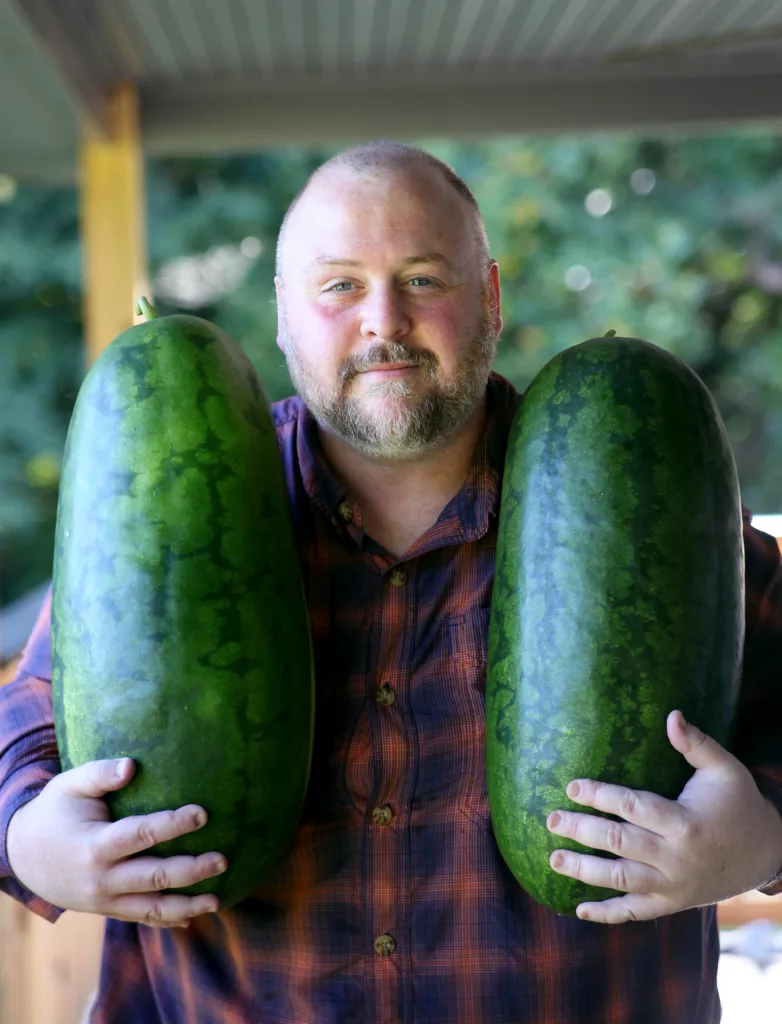
Josh Fitzwater with two commercially extinct “Florida Favorite” heirloom watermelons grown from seed in Halifax. Photos courtesy of Josh Fitzwater
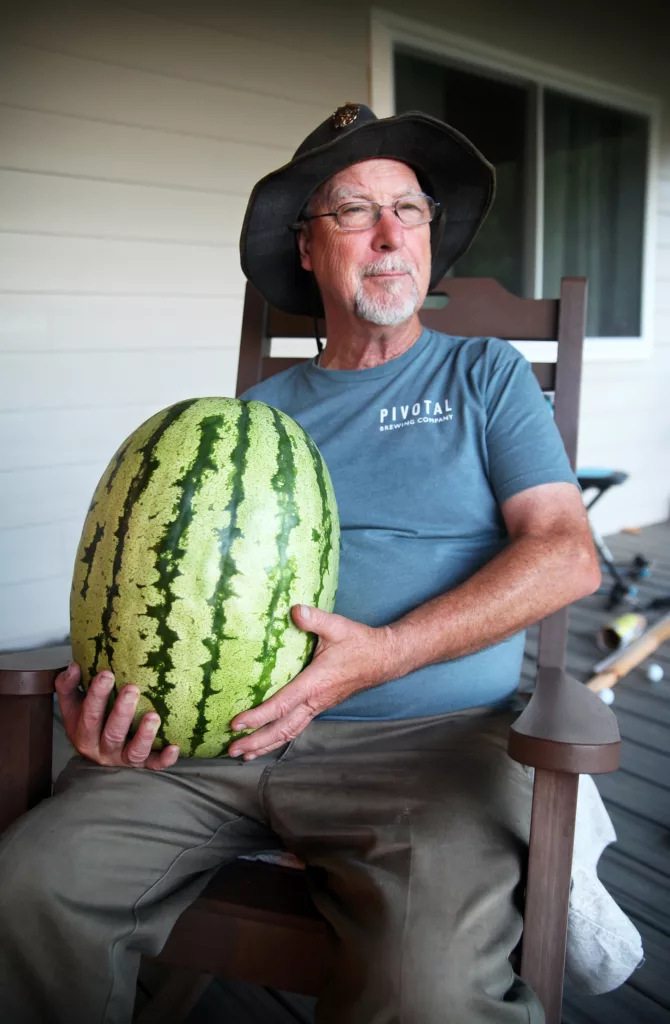
In his 70s, Anthony Fitzwater sits with a Red-N-Sweet heirloom watermelon grown in 2022 in Halifax. The variety is being commercially reintroduced.
The fascination was set in motion. In summer 2019, Fitz and his partner, award-winning food writer Deb Freeman, hit the road, traveling along the East Coast in pursuit of each state’s signature heirloom watermelon. From southern Georgia to Pennsylvania, they searched. “We were finding these growers with rare watermelons and trying all these different breeds, and sometime along that, I said, ‘Well, we gotta start growing these.’”
Georgia Rattlesnakes and Bradfords are just two of the great Southern watermelons introduced to farmers in the late 19th and early 20th centuries. But since then, many heirloom varieties have become commercially extinct. Fitz wanted to bring them back.
With a plan and a stash of rare seeds, Fitz got to work. His father, Anthony Fitzwater, joined in the adventure. “It doesn’t surprise me that in 2019 and 2020, when I came to him with this crazy idea to start growing large numbers of heirloom watermelons and reintroducing their rare seeds to growers across the country,” says Fitz, “he jumped right in with me and became a self-taught master at it in his 70s.”
The duo began with the surprisingly successful harvest of 150 Ancient Crooknecks in Fredericksburg and a patch of Bradfords at Anthony’s Norfolk house. “We had 45 pounds, and those were the best, sweetest watermelons I’ve ever tasted,” Anthony recalls.
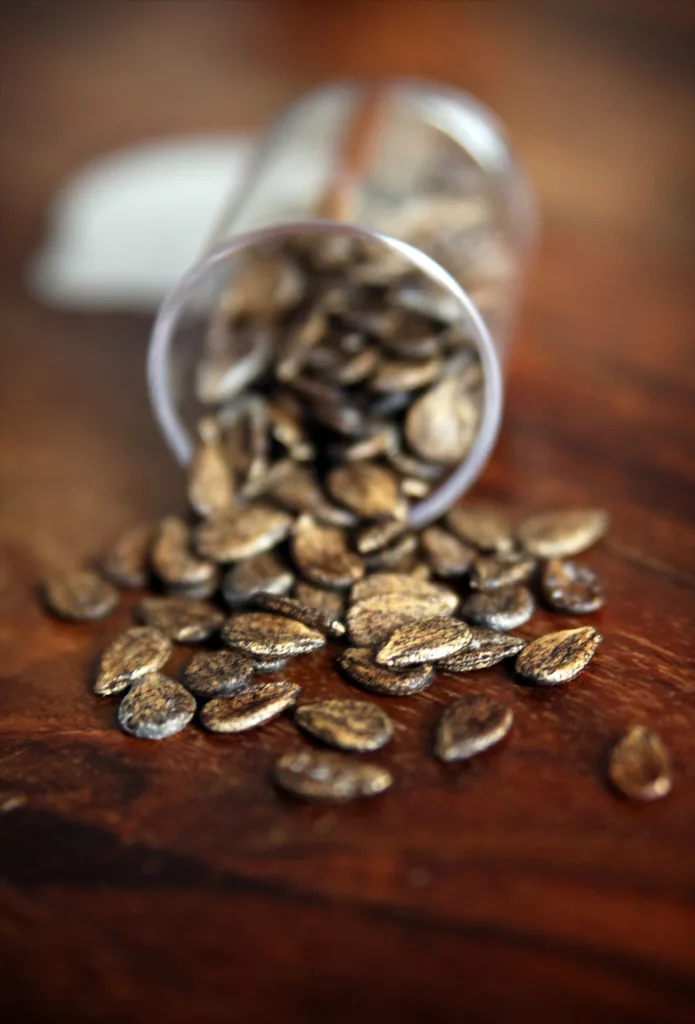
Saved seeds from the Red-N-Sweet heirloom watermelon.
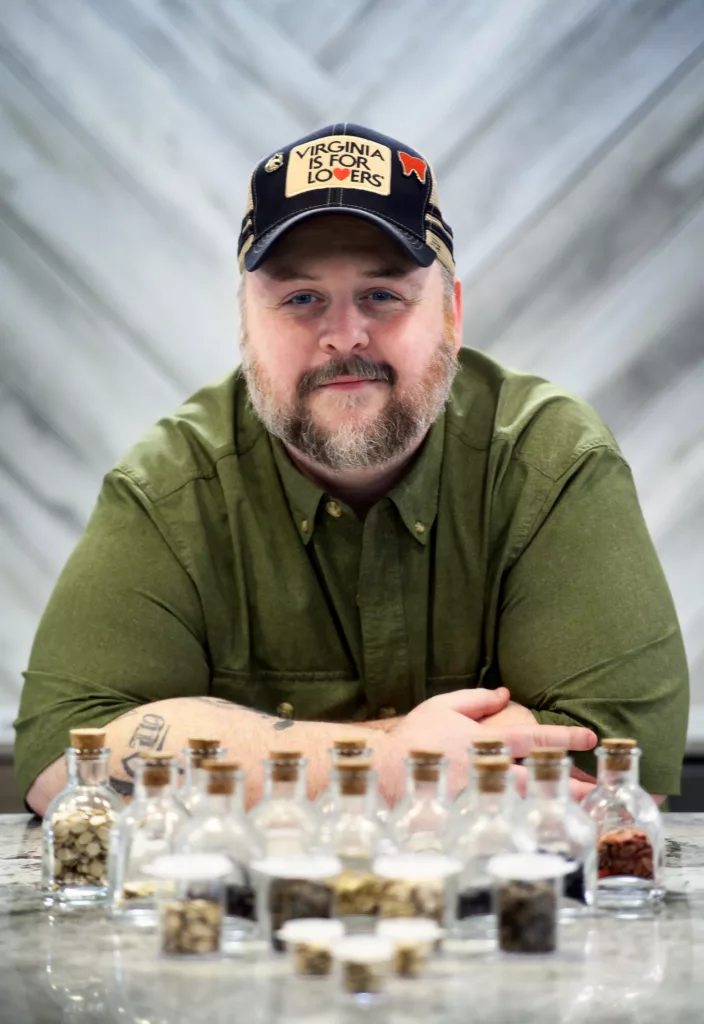
Fitz with the many watermelon seeds he and his partner Deb Freeman have collected since 2019 on their heirloom hunter adventures.
In their second year—and 50 rare heirloom samples later—everything changed during a visit to Calhoun, Louisiana, a small town with just over 300 residents.
There, Calhoun horticulturist Kerry Heafner introduced them to Red-N-Sweet, the product of a long-lost breeding program from the ’80s that Heafner resurrected.
“That watermelon specifically is the pinnacle—the last great American breeding program product,” Fitz says. Its sweetness completely enamored him, leading Fitz to reintroduce the Red-N-Sweet commercially in Virginia.
Fitz and Anthony collaborated with restaurants, chefs, brewers, and mixologists across Virginia, sparking interest from farmers and gardeners.
“From all the Red-N-Sweet seeds we saved, it’s safe to say around 2,000 growers have been able to obtain seeds,” Fitz says. “We get orders every week—I spend a lot of time at the post office, and they know my name.”
In October 2024, the PBS program The Key Ingredient featured Fitz and Freeman at Irvington’s Tides Inn, where the resort’s horticulturist, Matt Little, had cultivated Red-N-Sweet watermelons with the Fitzwaters’ seeds.
Other Virginia locations that have used their heirloom varieties include Benchtop Brewing Co. in Norfolk, The Roosevelt and Ruby Scoops in Richmond, The Williamsburg Inn in Williamsburg, and Neat Bird in Chesapeake, among many others.
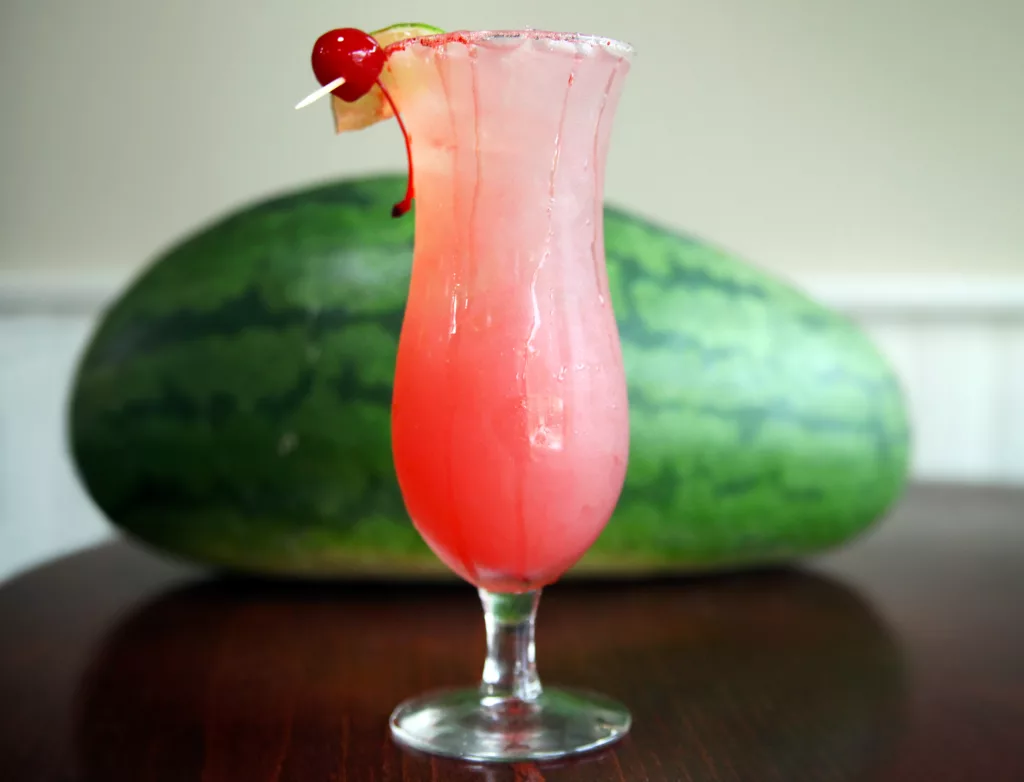
“It means a lot to me that we are working together,” Anthony says of the father-son partnership. “I like that breweries have used our watermelons for their beers. He tells me one day he will get my face on one of the cans. I told him, ‘No, you should get the credit.’”
Fitz feels similarly. “In the lottery that is birth, I seriously hit the jackpot,” he says. “When it comes to my dad, he has always been there for me, and it’s beyond cool to see him by my side, with this project proving that age is just a number.”
On his travels, Fitz noticed that many states have a signature heirloom watermelon, but not Virginia. So he and Anthony began crossbreeding their favorite heirlooms, aiming to produce the best variety for the Commonwealth to call its own. It’s a process that’s still underway.
Crossbreeding watermelon strains is a long and patient process, taking upwards of six to eight years for the breed to stabilize. “Since 2022, we’ve been crossing multiple heirloom types, saving seeds from the best melons and inching closer to this goal,” Fitz says. Their work may not be short, but it sure is sweet.
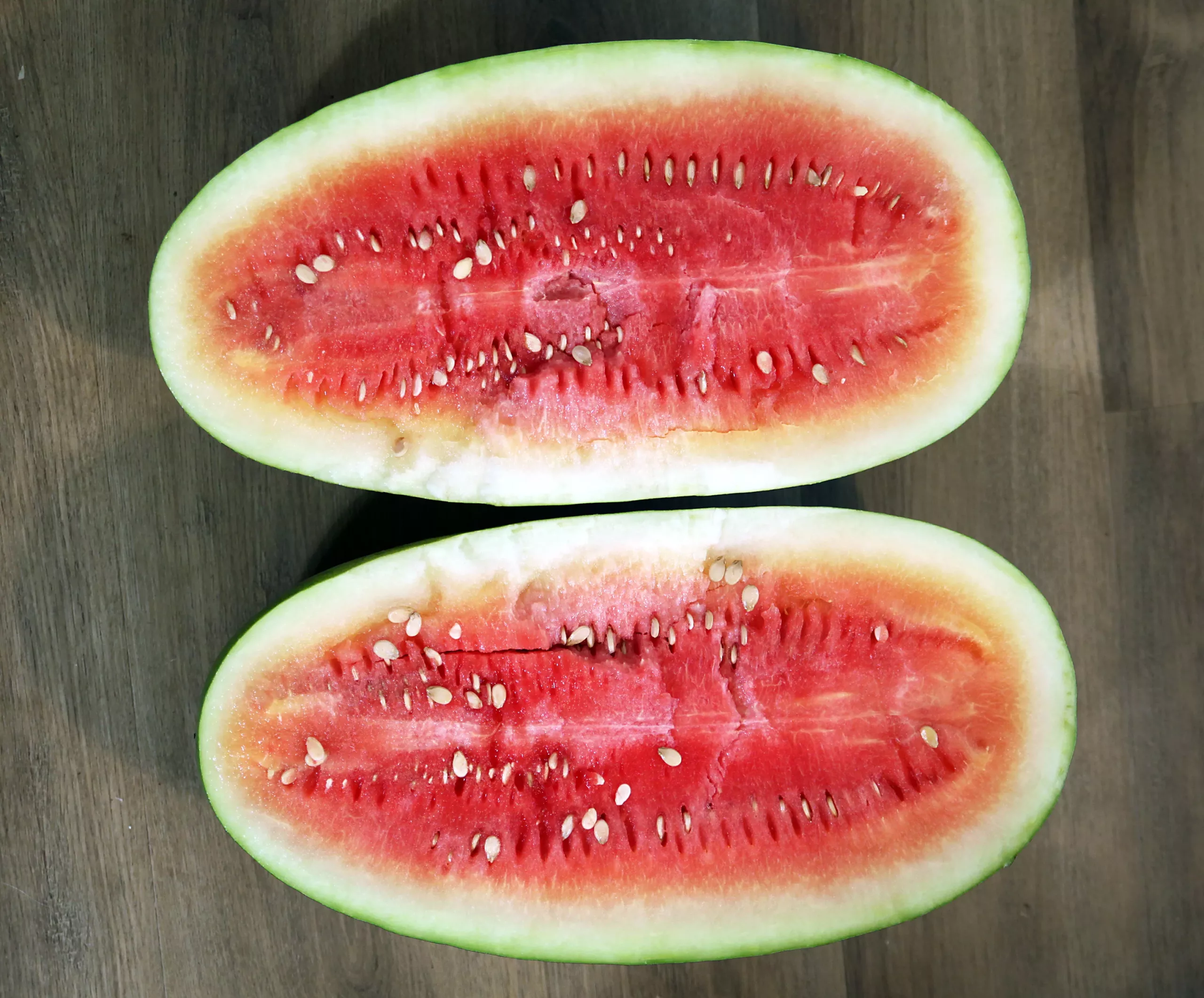
This article originally appeared in the August 2025 issue.
